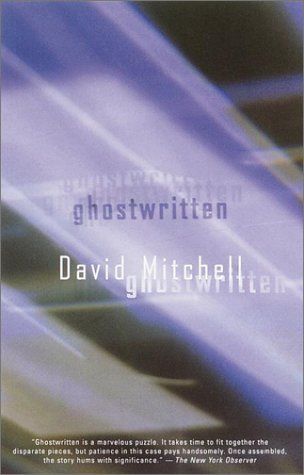
Reviews
Colton Ray@coltonmray
Joe@joe2267
Vladimir@vkosmosa
Clare B@hadaly
Fraser Simons@frasersimons
Rebecca@bexx
Jen Estrella@nightingale03
Michael Hessling@cherrypj
Gordon McLean@gordon
Jay@ninjani
Mario Menti @mario
A kabel @me0wme0w
Rob@robcesq
Steve Parks@steveparks
Jayme Cochrane@jamesco
Will Vunderink@willvunderink
Hannah Swithinbank@hannahswiv
Aubrey Hicks@aubreyhi
Kylie Frazer@fiercek
Jane Mount@janemount
Thomas clegg@thmsclegg
Chrystal Giordano@kika91
Roman Micevic@romanima
Frederik De Bosschere@freddy